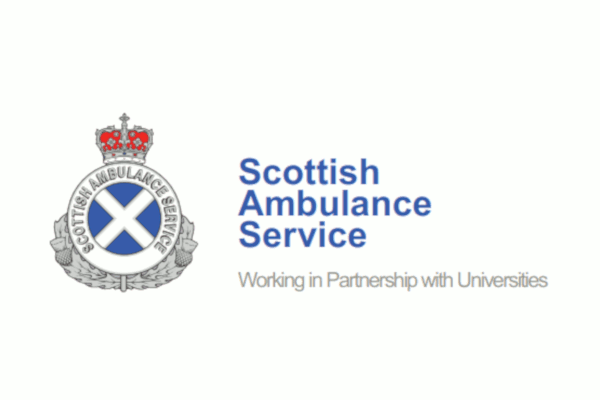Chief executives, chairs and leadership teams across all UK ambulance services have pledged to play a fundamental role in the achievement of positive and lasting change in building anti-racist organisations, acting at both national and local levels.
But what does that mean in practice and how important a priority is this for the NHS ambulance sector?
The answers to both of these questions lie in the many examples of evidence that underline how racial and ethnic inequity in healthcare continues to lead to some of the most damaging effects of racism on the health and experiences of Black, Asian and ethnic minority groups, whether they are patients or part of the NHS workforce.
The NHS ambulance sector is not immune to this, with much data and evidence suggesting that many forms of discrimination and poor behaviours continue to exist. The independent (NHSE-funded) culture review of ambulance trusts in February 2024 highlighted significant areas of concern and identified key recommendations for imminent action. These included addressing leadership styles that do not adequately support staff to speak up and instances where those who voiced concerns faced intimidation or inaction.
Anna Parry, Managing Director of the Association of Ambulance Chief Executives (AACE) says:
Cultivating safe and inclusive organisations for everybody and creating lasting cultural change is a core priority. A commitment from ambulance service leaders to challenging racism wherever and however it may occur is imperative.
If we want a future where the NHS is fairer for everybody and more effective as a result, we must do all we can to ensure that one day our patients and colleagues will be free of the devastating effects of racism that harm so many lives.
To this end, the National Ambulance Diversity and Inclusion Forum (NADIF) – one of ten strategic national AACE workstreams – has published an Equality and Diversity Improvement Plan for the Ambulance Sector which aims to, ‘lift and shift the dial’ on EDI indicators, reduce disparities in recruitment and disciplinary actions and improve the experience of staff from under-represented groups.
This excellent piece of work aims to build on the positive initiatives already underway in UK ambulance trusts, to share good practice and provide a list of high-impact recommendations for ambulance leaders to adopt in response to the culture review.
The 10-year plan for the NHS will fail if racism is not tackled now
This urgency for change – and for anti-racism to be at the core of how an effective healthcare organisation operates – has been articulated recently by the chair of the NHS Confederation Lord Victor Adebowale who has stated that the government’s 10-year plan for the NHS will fail if it does not tackle racism in the NHS.
Speaking at a Race and Health Observatory (RHO) three-year strategy launch event in London in November 2024, Lord Adebowale insisted that addressing racism cannot be seen as something that is just nice-to-do, or at the edges of what people consider serious.
He said:
The 10-year plan, I’m just being honest, it’s going to fail unless you deal with [racism]. You cannot engage with the workforce of the NHS unless you do something about the racism because, frankly, they comprise 26 per cent of your workforce. If [private sector leaders have] got 26 per cent of their workforce looking like various shades of me and feeling like the workforce does at the moment, they would consider that as a serious risk to growth and profit.
The 10-year plan will fail if equity isn’t driven in. One of the key tests of the plan is that race equity is built in from the beginning. It cannot be seen as a nice-to-do, or at the edges of what serious people consider serious. It has to be at the core.
Says Anna Parry, Managing Director of AACE:
We fully support the excellent work of the Race and Health Observatory and specifically its seven draft ambitions for the next three years which we are confident will be fundamental to tackling the racism that is sadly still so prevalent in many health and social care organisations.
Visit the AACE anti-racism spotlight summary here.
Visit the RHO website here.























